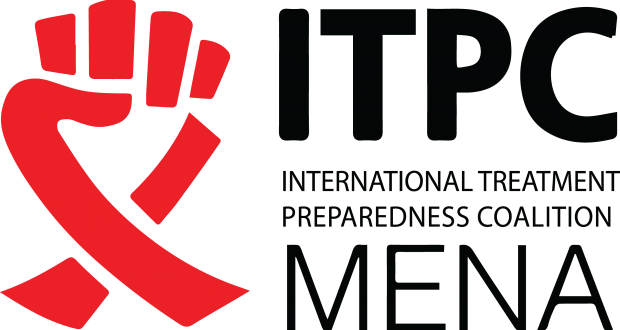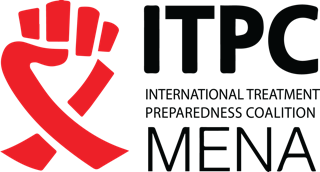
ITPC MENA IN THE REGIONAL CONSULTATION ON ACCELERATING ACCESS TO THE CONTIUUM OF HIV CARE: FOCUS ON HIV TESTING
Beirut, Lebanon, 12–14 July 2017
By the end of 2015, the estimated number of people living with HIV in the Region had reached 330 000. With a continuously growing epidemic coupled with low coverage of ART, standing at 14% of people living with HIV, the number of deaths among people living with HIV was 15 000.
The limited access to HIV testing is the first and biggest bottleneck for increasing access to HIV care and treatment in the Region. In spite of commendable increases in the number of people living with HIV who know their status in several countries, 50% to 95% remain unaware of it. People at risk of HIV, particularly key populations, continue to face major barriers to accessing HIV testing services, and thereafter to linking to care and treatment services.
Without helping people living with HIV to know their status, we will not be able to provide them with treatment. Today, we have a wealth of evidence, technologies and experiences from around the world that enable us to increase access to HIV testing and increase the number of those receiving HIV treatment. In 2015, WHO published its first Consolidated guidelines on HIV testing services, making evidence-based recommendations on HIV testing approaches that match the needs of different population groups and on testing strategies and technologies that provide quality assured results as well as providing programmatic guidance to help in planning and implementing sound HIV testing services. In 2016, WHO issued a supplement to those guidelines recommending HIV self-testing and partner notification as additional approaches to increase access to HIV testing, particularly for those who would not test or would not be reached by the existing testing services.
In this interesting meeting, all participants were invited the go through the WHO guidelines, hear about the values and preferences of people living with HIV and key populations of MENA region regarding HIV self-testing and partner notifications, and reflect on and plan how to accelerate access to HIV testing and linkage to care, the first step in the continuum of HIV care services.
PURPOSE OF THE CONSULTATION
The purpose of the Consultation is to:
- Review country plans in the light of the actions recommended by the global health sector strategy for HIV;
- Present WHO guidelines on partner notification and HIV self-testing; and discuss issues with their adoption and implementation in countries.









